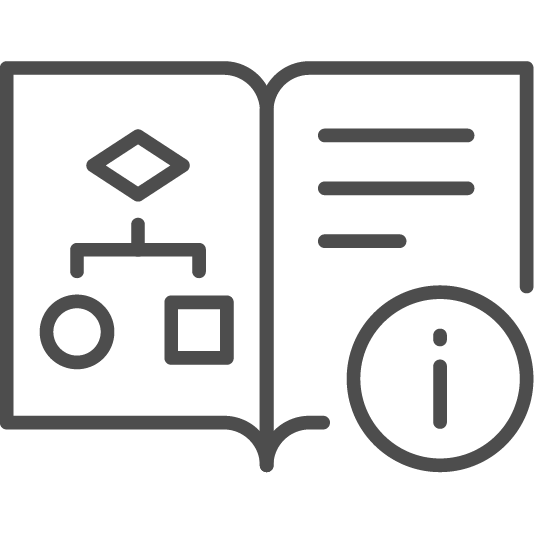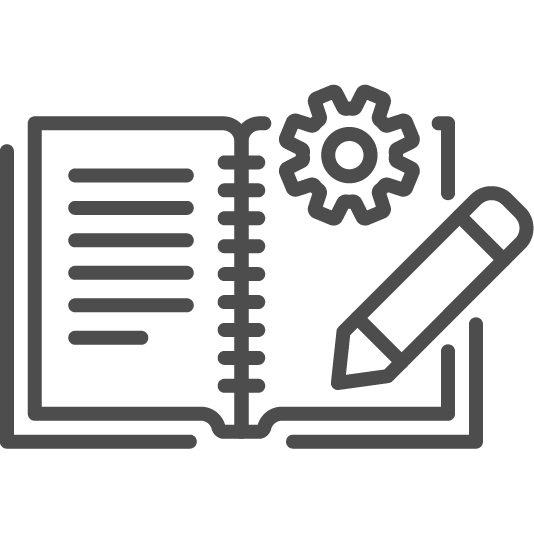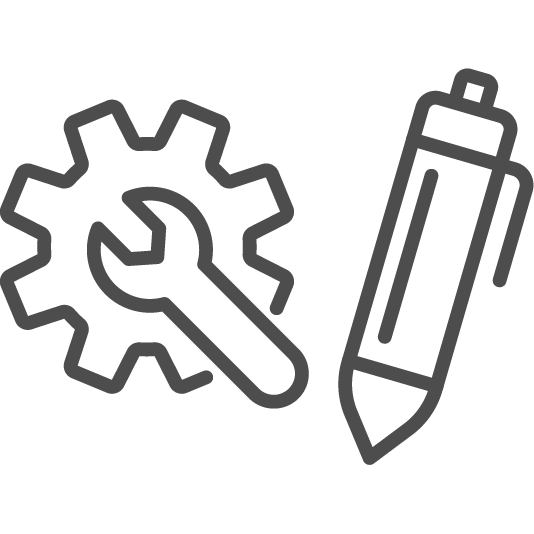Featured Products
Our Services
- Evidence-Based Training & Consulting
- Organizational Development
- Quality Assurance & Continuous Quality Improvement
- Evidence-Based Training & Consulting
- Evidence-Based Training & Consulting
- Organizational Development
- Quality Assurance & Continuous Quality Improvement
Equipping Justice System and Behavioral Health Professionals with Evidence-Based Approaches
Carey Group translates empirical findings into evidence-based policies and practices. We provide extensive consultation and training to help professionals working in criminal and juvenile justice and behavioral health settings implement an evidence-based framework.
Strengthening the Future of Justice & Behavioral Health Systems
Carey Group helps justice and behavioral health systems ensure sustainability by assessing organizational culture and readiness for change, facilitating strategic planning processes, and working with agencies to build new processes, procedures, and change management plans.
Helping Agencies Improve Outcomes
Carey Group collaborates with agencies to implement quality assurance (QA) and continuous quality improvement (CQI) practices to help ensure successful results. We assist agencies by identifying their QA and CQI needs, developing QA/CQI plans, and training staff in techniques and strategies that achieve improvements.
Our Products
Carey Group's publishing division offers a variety of tools and training to help criminal and juvenile justice system and behavioral health professionals improve client outcomes.
Our suite of products includes:

Guides and Toolkits
We offer a variety of guides and toolkits that equip justice system and behavioral health professionals with evidence-based techniques and cognitive behavioral interventions.

Cognitive Workbooks
Our workbooks allow staff to help their clients understand past behaviors and plan future pathways to success
in their personal, social, educational, and vocational lives.

Software Solutions
Our software solutions, including a behavior management system and interactive, fillable tools, are designed to motivate clients and assist staff with case management.

Supplemental Tools
Our supplemental products are designed to assist justice system and behavioral health professionals in using our other tools and provide easy-to-follow information to guide case planning.
"We have been using Carey Guides for over six years and have seen many positive changes in the youth we work with. We see a decrease in negative behaviors after introducing the Guides to them, whether it is anger, aggression management, peer relationships, or antisocial thinking. "
-Caseworker, Iowa
The user-friendly Tools on Devices (TOD) opens up our ability to connect with our clients when we are unable to meet in person. TOD gives the clients time to think and practice their skills outside of meetings. My clients are quick to remind me and request more worksheets. I’m all for loading up my toolbox with interventions that fit a wide range of clients’ needs and abilities!"
-Anonymous submission
"The BITS have helped improve court counselors' knowledge of cultivating change by changing the tone, engaging the youth in identifying areas of change on their own and with staff. Carey Group has decreased stress in the organization, and as the BITS continue to be utilized, they will help reduce recidivism among our youth populations."
-Anonymous submission

Trusted at Scale
Carey Group’s full range of products and services is trusted across a wide array of settings—from local agencies to statewide systems. Our tools are in use in all 50 states and Washington D.C., with international adoption in six countries. We are proud to support a network of over 1,400 agency partners, and have distributed more than 88,000 products that help organizations meet their goals with integrity and impact.
Proven Impact
Training is at the heart of lasting change. Our programs have supported more than 23,000 professionals across 36 states through over 1,600 training sessions. Whether online or in person, each session is designed to equip staff with the skills and confidence to deliver meaningful results in justice and behavioral health settings.


Expansive Reach
Our Tools on Devices (TOD) product is helping agencies transform how they work—serving over 75,000 clients and supporting the completion of more than 130,000 tools. With active subscriptions in 30+ states, TOD provides staff with accessible, efficient tools that support evidence-informed practice on the ground.




